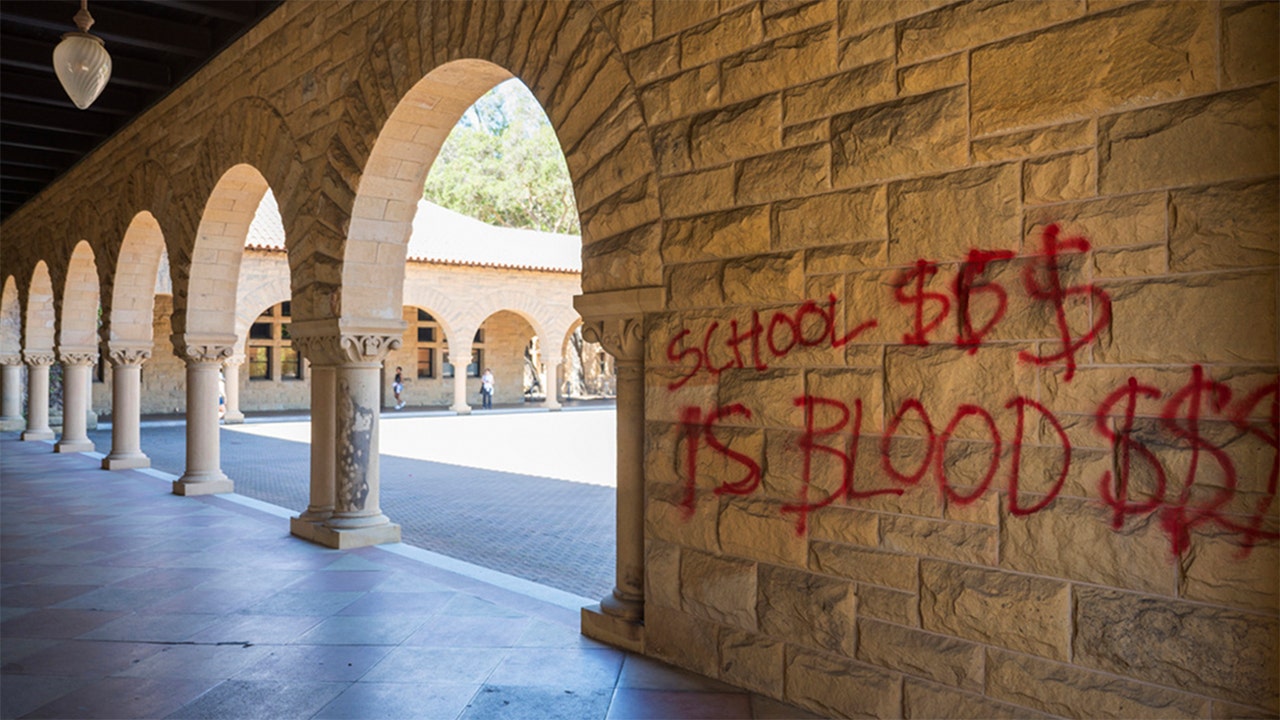The disappearance of Chinese foreign minister Qin Gang and the recent fate of senior Chinese officers in the country’s strategic missile command suggests all is not well in China. The Chinese government has not denied rumors of an affair between Qin and a high-powered and well-connected Phoenix Television reporter, Fu Xiaotian, who is suspected of being a double agent. Phoenix Television is a Chinese state-owned broadcaster headquartered in Hong Kong and Shenzhen.
At a press conference of the Chinese foreign ministry in Beijing on July 17, a reporter cited a story in the Times that Qin was under investigation for his affair with Fu. The ministry spokeswoman Mao Ning replied she did not understand the situation.
The 40-year-old Fu is alleged to have links to British intelligence, a source told Asia Sentinel. On May 10, 2019, Chinese charge d’affaires Chen Wen attended the opening ceremony of a garden named after Fu at Churchill College, Cambridge University, where she previously studied, the Chinese foreign ministry announced. It is unusual for an august British university like Cambridge to name a garden after a person unless that person was a major international figure.
“China pulled the strings at Churchill College,” a professor told Asia Sentinel.
On June 12, 2017, Ettore Sequi, the Italian ambassador to China, awarded Fu the Order of the Star of Italy in Beijing, announced Churchill College. “This prestigious award was given for her work with senior political figures and her promotion of strong links between Italy and China.”
“Xiaotian has built a successful media career in China encouraging international cooperation and engagement as host of the Phoenix Television program Talk with World Leaders – featuring interviews with world political leaders, which has an audience of over 200 million people,” Churchill College added.
During the Chinese foreign ministry press conference on July 17, when a reporter asked about Qin’s status as Chinese foreign minister, Mao referred the reporter to the ministry’s website and said she had no further information.
Currently, the website of China’s foreign ministry lists Qin as its foreign minister, but not among its list of main officials. Other Chinese ministries like the finance ministry and commerce ministry list their minister among their main officials. For Qin not to be listed among the top officials of the Chinese foreign ministry is “very, very abnormal,” said the professor, who declined to be named.
On July 11, the Chinese foreign ministry announced Qin would not attend an Association of Southeast Asian Nations (Asean) meeting in Indonesia for health reasons. However, his prolonged absence has stirred speculation that the reason for his absence is more than health issues. Qin’s latest activities announced on the Chinese foreign ministry website occurred on June 25, making him absent for 22 days.
On July 15, Victor Shih, an associate professor of China studies at UCSD, tweeted, “Qin Gang’s absence is curious. (The ministry of foreign affairs) can easily have him issue a letter of congratulations or something to dispel to the rumors but I haven’t seen anything since the “health issue” comment.”
During a Chinese foreign ministry press conference in Beijing on July 14, a reporter asked the ministry spokesman Wang Wenbin whether Qin’s absence was entirely due to health reasons and when he would return. Wang paused for 16 seconds and then replied that he had earlier answered a similar question.
Missile commanders’ mishaps
Apart from the absence of the Chinese foreign minister, lieutenant general Li Yuchao, the commander of China’s rocket force was conspicuous by his absence at a promotion ceremony of the People’s Liberation Army (PLA) in late June. China’s rocket force oversees the country’s tactical and strategic missiles including nuclear missiles. Li’s absence has sparked speculation that he might be under investigation by the Chinese authorities.
A former Chinese lieutenant colonel, Yao Cheng, tweeted on June 29 that “the current commander of the Rocket Force, Li Yuchao, was taken away from his office on the morning of the previous day!”
Yao made another tweet on June 29 saying, “Reports suggest that Li Yuchao’s son is studying in the United States, where he is feared to have sold China’s military secrets.”
Many senior officers in the rocket force are implicated for corruption or leaking military secrets, said an article in Ming Pao, a Hong Kong Chinese-language newspaper, on July 13. On July 5, the Supreme People’s Procuratorate, which is China’s equivalent of the attorney general’s office in some countries, announced that Zhang Fusheng, a former deputy chief of the National Fire and Rescue Administration, was arrested on suspicion of taking bribes. Zhang was previously an officer in the rocket force.
On July 7, an official internal report from the CCP was leaked online, stating that Wu Guohua, a former deputy commander of China’s rocket force, passed away in Beijing on July 6 due to cerebral hemorrhage, according to a media report. On social media and the Internet, there is speculation that Wu’s demise was a suicide linked to a possible investigation of Li.
A little over a decade ago, China only possessed around 50 intercontinental ballistic missiles (ICBMs), of which only 30 ICMBs could reliably reach the US mainland, said a report of the Middlebury Institute of International Studies at Monterey on July 3. After Chinese President Xi elevated China’s missile forces into a full branch of the People’s Liberation Army in 2015, the number of missile launchers deployed by China has increased rapidly, said the report. The rocket force is on track to deploy more than 1,000 ballistic missile launchers by 2028, the report added.





















Discussion about this post